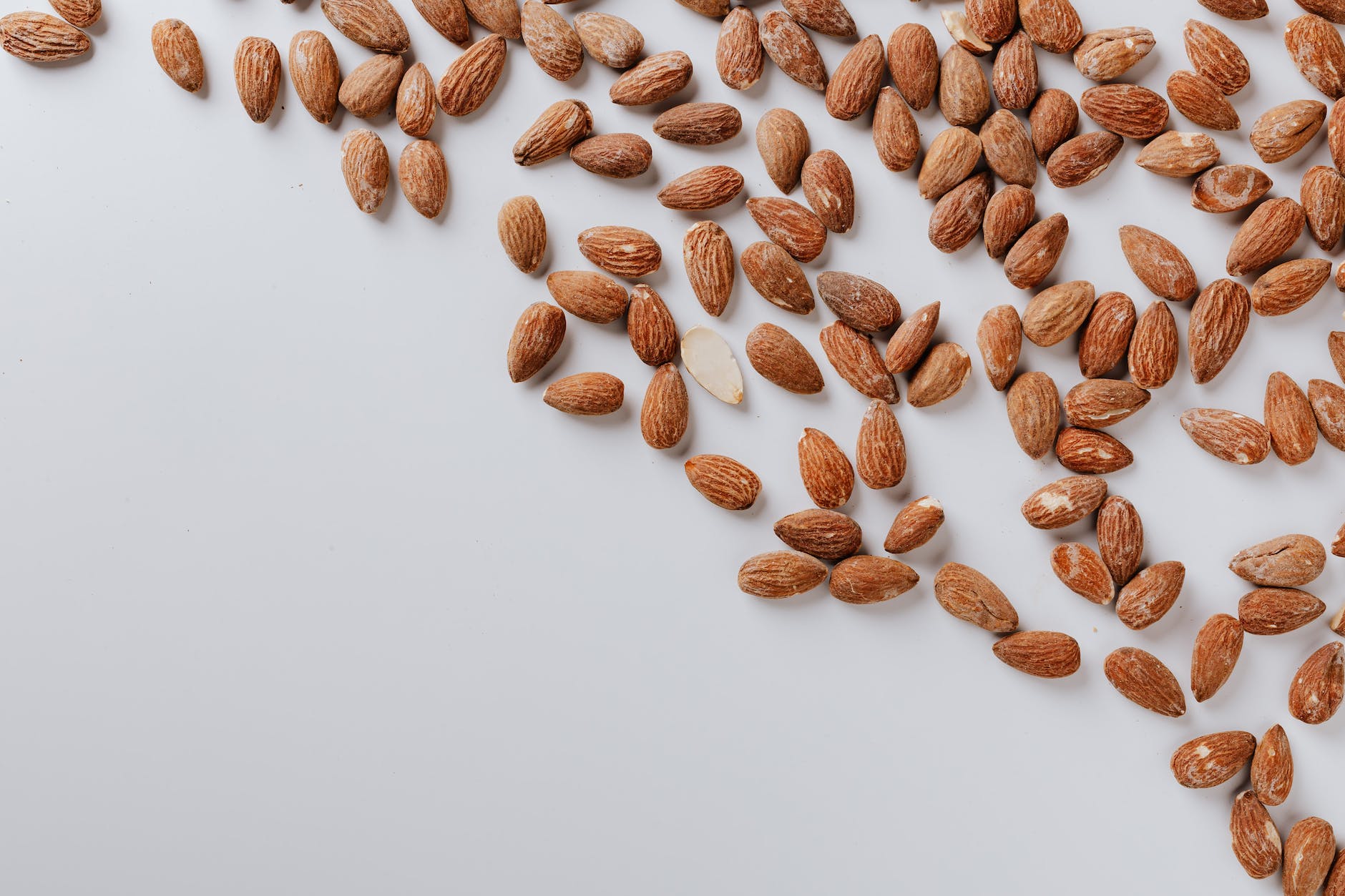
Protein Diet Essentials
In the realm of nutrition, one term that often takes the spotlight is “Protein Diet Essentials.” It’s a vital macronutrient that plays a crucial role in various bodily functions. From building and repairing tissues to supporting immune function, protein is essential for overall health. In this comprehensive guide, we will delve into the key aspects of a protein-rich diet, including the potential for weight gain, exploring the best sources, recommended intake, and the numerous health benefits associated with consuming enough protein.

Understanding Protein: The Building Blocks of Life
Proteins are made up of amino acids, often referred to as the building blocks of life. These compounds are crucial for the human body as they contribute to the formation of tissues, enzymes, hormones, and more. The human body requires a variety of amino acids, including essential amino acids that cannot be produced internally and must be obtained through diet.
Protein Intake: How Much is Enough?
Determining the right amount of protein for an individual depends on several factors, including body weight, activity level, and health goals. The general recommendation is about 0.8 grams of protein per kilogram of body weight for healthy adults, also known as the recommended dietary allowance (RDA). However, those engaged in regular physical activity or aiming for muscle gain may need a higher protein intake.
Sources of Protein: Varied and Vital
A protein-rich diet encompasses a diverse range of sources, both animal and plant-based. Animal sources like chicken breast, lean ground beef, eggs, dairy products, and fatty fish provide complete proteins containing all essential amino acids. On the other hand, plant sources like black beans, whole grains, pumpkin seeds, and soy products offer valuable high protein foods with additional benefits such as fiber and various vitamins. Eating a variety of protein sources is vital for a well-rounded and nutritious diet.
Protein Diet Essentials
Highlighting Animal Sources
1. Chicken Breast: Lean Protein Powerhouse
When it comes to high-quality protein with low fat content, chicken breast tops the list. A 100-gram serving of skinless, boneless chicken breast provides around 31 grams of protein, making it an excellent choice for muscle-building and weight management.
Outbound Link: The Benefits of Chicken Breast – Healthline
2. Eggs: Nature’s Protein Packed in a Shell
Eggs, particularly the large egg, are a convenient and versatile source of protein. Apart from offering around 6 grams of protein, eggs also contain essential nutrients like B vitamins and healthy fats.
Outbound Link: Egg Nutrition – American Heart Association
3. Greek Yogurt: Probiotics and Protein Unite
Greek yogurt stands out as a protein-rich dairy product that not only contributes to your daily protein needs but also provides probiotics for gut health. A 170-gram serving offers approximately 15 grams of protein.
Outbound Link: The Health Benefits of Greek Yogurt – Medical News Today
4. Lean Ground Beef: Balancing Protein and Flavor
Lean ground beef is a flavorful protein source that can be included in various dishes. It contains essential amino acids and, in moderation, contributes to muscle mass and overall health.
Outbound Link: Lean Ground Beef Nutrition – Livestrong
Highlighting Plant Sources
1. Black Beans: Protein and Fiber Combo
Black beans are a staple in many cuisines, offering a substantial protein content along with fiber. They are an excellent choice for those following a vegan or vegetarian diet.
Outbound Link: Benefits of Black Beans – WebMD
2. Pumpkin Seeds: A Nutrient-Rich Protein Snack
Pumpkin seeds are a nutritional powerhouse, providing not only protein but also healthy fats, magnesium, and zinc. They make for a convenient and tasty snack that supports overall health.
Outbound Link: Pumpkin Seeds: Nutrition and Health Benefits – Mayo Clinic
3. Soy Products: Versatile Plant-Based Proteins
Soy products, including tofu and tempeh, are rich in protein and serve as fantastic alternatives for those following a vegan or vegetarian diet. They contain all essential amino acids, making them complete protein sources.
Outbound Link: The Benefits of Soy – Harvard T.H. Chan School of Public Health
Health Benefits of a Protein-Rich Diet
Consuming enough protein is linked to a myriad of health benefits, ranging from supporting weight loss to maintaining muscle mass and promoting heart health. Let’s explore some key advantages associated with a diet rich in protein.
1. Weight Management: Protein for Satiety
Protein-rich foods help create a feeling of fullness, reducing overall calorie intake and aiding in weight loss. Including high-protein snacks like peanut butter or cottage cheese can be particularly beneficial for those looking to manage their weight effectively.
2. Muscle Mass and Physical Activity
Protein is essential for muscle repair and growth, making it a crucial component of any fitness enthusiast’s diet. Whether you’re engaged in weight training or endurance exercises, meeting your protein needs is essential for optimal performance.
3. Heart Health: Balancing Fats and Proteins
While protein is a key focus, it’s important to choose lean sources to support heart health. Incorporating fatty fish, rich in omega-3 fatty acids, and opting for lean beef over its higher-fat counterparts contribute to a heart-healthy diet.
Outbound Link: Heart-Healthy Protein Choices – American Heart Association
4. Blood Sugar Regulation
Protein plays a role in stabilizing blood sugar levels, particularly when combined with complex carbohydrates. This synergy is beneficial for individuals managing conditions such as diabetes.
5. Overall Health and Well-Being
A diet that meets protein needs is generally well-rounded, providing essential nutrients for overall health. Including a variety of protein sources ensures that the body receives an array of vitamins and minerals necessary for optimal functioning.
Protein Deficiency: Recognizing the Signs
Insufficient protein intake can lead to various health issues, including muscle wasting, fatigue, and compromised immune function. It’s essential to be mindful of the signs of protein deficiency and take steps to address them through dietary adjustments.
Addressing Protein Deficiency: The Role of Supplements
For those struggling to meet their protein needs through food alone, supplements such as whey protein can be a convenient solution. These supplements provide a concentrated source of high-quality protein, aiding in muscle recovery and overall protein intake.
Outbound Link: Choosing the Right Protein Supplement – Healthline
What are some high protein foods that should be included in a protein diet?
Some high protein foods that should be included in a protein diet are lean meats, fish, eggs, dairy products like Greek yogurt and cottage cheese, legumes such as lentils and chickpeas, nuts and seeds, and soy-based products like tofu and tempeh.
Conclusion: Embracing a Balanced Protein-Packed Lifestyle
In conclusion, prioritizing a Protein Diet Essentials diet is a cornerstone of overall health and well-being. Whether you opt for animal sources like chicken breast and eggs or plant-based alternatives such as black beans and pumpkin seeds, ensuring you get enough protein is vital. Balancing protein intake with healthy fats, complex carbohydrates, and key nutrients contributes to a well-rounded and nutritious diet. By understanding your body’s protein needs and making informed dietary choices, including incorporating healthy protein sources from both animal and plant sources, you pave the way for a healthier and more energetic life.
